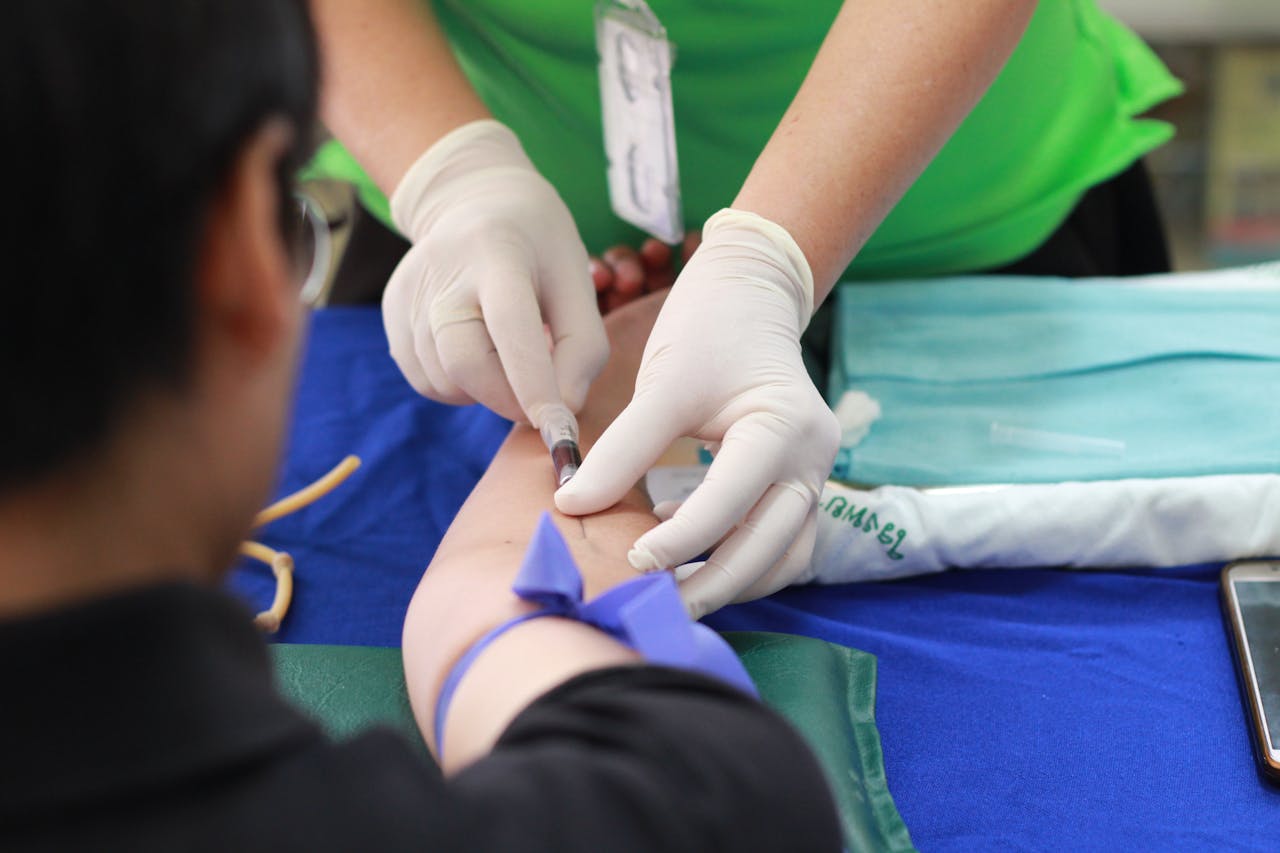Chronic Kidney Disease (CKD) is a progressive condition where the kidneys gradually lose function over time. Many patients diagnosed with CKD wonder: Is there a cure? Have any CKD patients fully recovered?
The answer is complex—while CKD is typically considered a lifelong condition, certain cases (especially in early stages) can see significant improvement or even reversal of kidney damage. In this article, we’ll explore:
-
The difference between cure, remission, and recovery in CKD
-
Cases where CKD patients have improved kidney function
-
Factors that influence kidney disease progression
-
Promising treatments and lifestyle changes that may help
Understanding CKD: Is a Full Cure Possible?
CKD is classified into five stages, with Stage 1 being the mildest and Stage 5 representing kidney failure (end-stage renal disease, or ESRD). The kidneys have some ability to heal, but once significant scarring (fibrosis) occurs, the damage is usually irreversible.
Can CKD Be Cured Completely?
-
Early-stage CKD (Stages 1-2): If detected early, some patients can stabilize or even reverse damage by treating the underlying cause (e.g., diabetes, hypertension).
-
Late-stage CKD (Stages 3-5): At this point, kidney function decline is harder to stop, though progression can be slowed. Full recovery is rare, but some patients avoid dialysis for years with proper management.
-
Acute Kidney Injury (AKI) vs. CKD: AKI (sudden kidney damage) can often be reversed if treated promptly, unlike CKD, which is chronic.
Cases Where CKD Patients Have Seen Improvement
While a complete "cure" is uncommon, there are documented cases of CKD patients experiencing:
1. Remission Through Aggressive Treatment
-
A study in Kidney International Reports (2020) found that some diabetic CKD patients who achieved tight blood sugar and blood pressure control saw improved eGFR (kidney filtration rate).
-
Patients with IgA Nephropathy (an autoimmune kidney disease) sometimes enter remission after immunosuppressive therapy.
2. Recovery After Treating the Underlying Cause
-
Reversible CKD causes (e.g., obstructive nephropathy from kidney stones, certain infections, or medication toxicity) can lead to near-normal kidney function if treated early.
-
Weight loss and metabolic health improvements (in obesity-related CKD) have helped some patients regain partial kidney function.
3. Lifestyle and Dietary Changes That Slow or Stabilize CKD
-
Low-protein diets (under nephrologist guidance) may reduce kidney strain.
-
Blood pressure control (keeping it below 130/80 mmHg) can prevent further damage.
-
Diabetes management (HbA1c under 7%) is crucial for diabetic kidney disease.
Why Most CKD Cases Aren’t "Cured" But Can Be Managed
The kidneys have limited regenerative ability. Once glomerulosclerosis (scarring) occurs, lost function doesn’t return. However, many patients:
-
Avoid dialysis for decades with proper care.
-
Stabilize at a moderate CKD stage (e.g., staying at Stage 3 indefinitely).
-
Benefit from emerging therapies like SGLT2 inhibitors (e.g., Jardiance, Farxiga), which protect kidneys in diabetic patients.
Future Hope: Stem Cells, Artificial Kidneys, and New Drugs
Research is ongoing for potential CKD cures:
-
Stem cell therapy (repairing damaged kidney tissue).
-
Bioartificial kidneys (implantable devices to replace function).
-
Anti-fibrotic drugs (to halt kidney scarring).
Conclusion: Can CKD Be Cured?
While most CKD patients won’t experience a full cure, early intervention, strict disease management, and treating underlying causes can lead to significant improvement—and in rare cases, near-reversal. The key is early detection and proactive care.
If you have CKD, work closely with a nephrologist to optimize treatment. Though a complete cure isn’t yet common, science is advancing, and many patients live well for years with the right approach.


